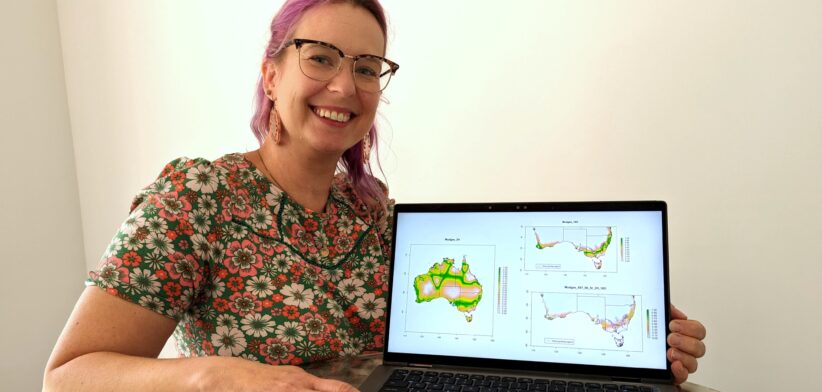A new national database aims to maintain the integrity of Australia’s reputation in producing safe and sustainable food.
The CSIRO has launched a website that consolidates isotopic data, which is a food’s unique “fingerprint”.
CSIRO lead scientist Nina Welti said Isotopes.au would help protect and further grow Australia’s reputation for high-quality, safe, and sustainably-produced food and potentially underpin the development of sustainability standards for the country’s $80 billion agriculture and food export industry.
Dr Welti said the site consolidated isotopic data from Australia’s leading research agencies into a single, open-access and trusted resource, which could be used by regulators and industry to verify a food’s provenance and sustainability claims and ensure compliance with trade regulations.
“Isotopic data can be used to identify where key food commodities were grown, as well as the amount of water or carbon emissions that were part of production,” she said.
Dr Welti said customers increasingly wanted to know where and how their food was sourced so they could make ethical and more sustainable choices.
“Isotopes are unique chemical ‘fingerprints’ that imprint clues of a product’s origin, as well as the inputs that went into production, and environmental factors like soil nutrients and groundwater flows.
“This is just the beginning of capturing Australia’s wealth of isotopic data into one place to help industries demonstrate how they’re meeting environmental targets for greater transparency with trading partners and consumers.”
She said the website would continue to be expanded to include more data, broadening beyond land-based measurements.
“For example, the fisheries and aquaculture industry are set to reap benefits as additional applications are developed to track marine products through the supply chain.”








